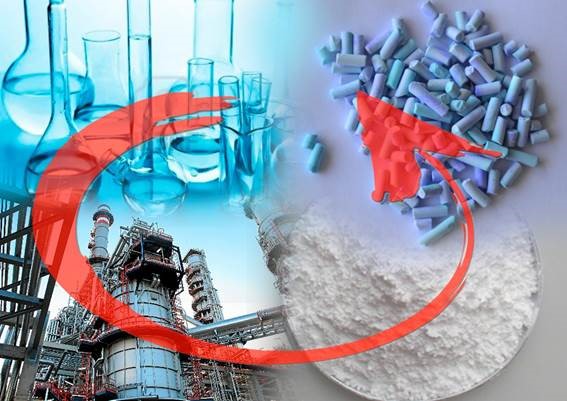
Chemistry plays a central role in our everyday lives. Understanding life and everything around it means understanding the composition of living creatures, the communication between molecules and the transformations that occur in nature. As a result, research chemistry has focused on a number of different areas, such as developing new catalysts for use in the petrochemical sector that can increase productivity and reduce environmental impact, marketing the test to determine lactose intolerance, and developing tools to help us understand the mechanisms of molecular recognition mechanisms that play a fundamental role in biological processes – all of which has a direct impact on the health and quality of life of the general public, in addition to improving the competitiveness of companies. Within this sphere of action, the Institute of Environmental Assessment and Water Research at CSIC (IDAEA-CSIC) aims to study the natural and anthropogenic changes taking place in ecosystems as a consequence of chemical and geochemical technology, and above all that which involves increased toxicity in organisms and humans. Likewise, the Institute is studying the quality and availability of water, whether it derives from rivers or from aquifers, and which is subject to high rates of reuse and intensive use, given the reduced availability of this resource. Another specific problem under investigation is that of air quality, which is being drastically influenced by incoming dust clouds from the Sahara, as well as by problems arising from urban and industrial pollution. The aim of this series of lectures is to explain some of these topics to the general public; topics which are particularly important for society.
Cycle: SCIENCE ON MONDAY: The Chemistry of our life
Organized by: The Residence for Researchers